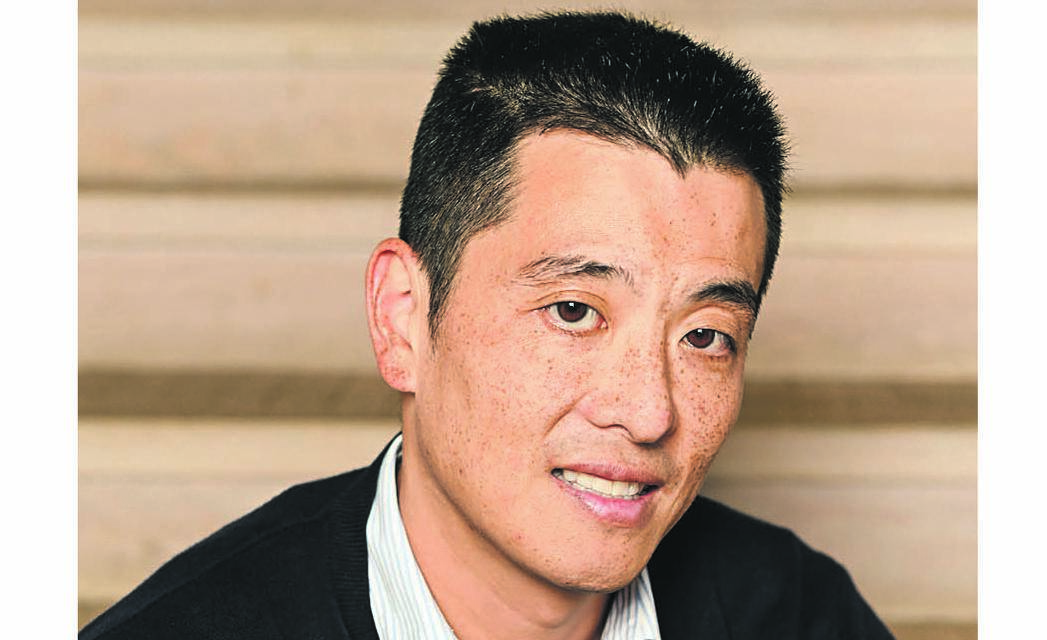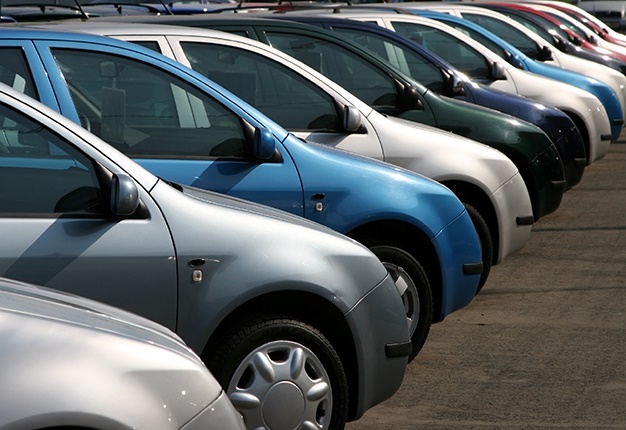
It’s no secret that the automotive manufacturing sector is crucial to government’s plans to grow the economy.
For years now, government, through its Motor Industry Development Programme (MIDP), has been incentivising global car manufacturers to set up plants in the country to make new vehicles for local and international markets.
Tax breaks and favourable business conditions have been the order of the day. In return, the manufacturers have promised to create more jobs.
Since it was implemented in 2012, the MIDP has grown to support 112 000 jobs. As a result, the industry now contributes an estimated 6.9% to the country’s GDP.
While this success should be lauded, the reality is that this approach hasn’t been all smooth sailing. One major issue has been the fact that the programme hasn’t resulted in the intended goal of manufacturing 1 million vehicles a year. In 2017, only 600 000 vehicles were made locally, while only 800 000 are forecast for next year.
Added to this, Trade and Industry Minister Ebrahim Patel recently said that transformation had been painfully slow in the vehicle manufacturing sector, and that more needed to be done.
There are also critics who have complained that manufacturers have been overly incentivised and that their revenues aren’t sufficiently trickling down to the communities in which they operate.
Time for a rethink?
The MIDP officially ends next year, and government is planning to replace it with another incentive programme.
However, this changeover presents an opportunity to think more deeply about how to unleash growth opportunities.
The automotive sector is much bigger than just its manufacturing component because there are literally thousands of independent workshops dotted across the country, which service the ever-growing aftermarket segment.
This is a segment that offers an even bigger potential for growth, especially when you consider that there are more than 12 million cars (and rising) on South Africa’s roads.
All cars at all stages of their life cycle need servicing and repairs. And this is where the workshops in our suburbs, townships, cities and towns play a crucial role.
These workshops, which are small or medium-sized enterprises (SMEs), aren’t just good for our cars, they’re also good for our economy. Research from the World Bank has shown that countries that have a high number and high participation rate of SMEs are economically more productive and have lower levels of inequality.
South Africa is the most unequal nation in the world. One main reason for this is that big companies have dominated many sectors – especially the automotive space – for too long. If government wants to truly unleash our automotive sector, it needs to pay more attention to how it can also empower smaller workshops.
There have already been some positive steps in the right direction when it comes to creating a more level playing field. Earlier this year, the Competition Commission announced that a proposed new motor code would ultimately become incorporated in the Competition Act’s guideline for the automotive sector.
This has been a significant development because parts of the code seek to do away with the likes of “embedded” motor and service plans in South Africa that unfairly void car owners’ warranties if they decide to repair or service their cars at an independent mechanic of their choice.
Other aspects of the code have sought to prevent vehicle manufacturers from locking car owners into using their original parts, which are typically priced at a premium. Importantly, the code has emphasised the creation of greater black participation in the maintenance and service segments of the market.
These critical issues have been raised by consumer advocacy groups like Right to Repair SA, and will be keenly watched by our industry. Furthermore, it will be interesting to see which parts of the code will be included in the Competition Act’s guidelines as this will be extremely telling in terms of government’s commitment to a fairer and more equal economy in the automotive sector.
What is clear, though, is that we’re at a unique juncture now to start thinking more holistically about the automotive sector in the country.
Motor vehicles are integral to our daily lives, and it’s fair to believe there is scope for the sector to contribute more than just 7% to the economy.
But we can only achieve this if we start levelling the playing field and focusing more on SMEs.
- Ho is the CEO of Autoboys
 | ||||||||||||||||||||||||||
Get in touchCity Press | ||||||||||||||||||||||||||
| ||||||||||||||||||||||||||
| Rise above the clutter | Choose your news | City Press in your inbox | ||||||||||||||||||||||||||
| City Press is an agenda-setting South African news brand that publishes across platforms. Its flagship print edition is distributed on a Sunday. |




 Publications
Publications
 Partners
Partners









